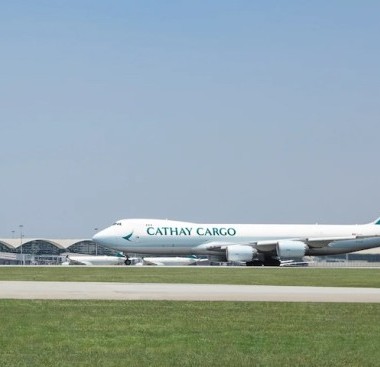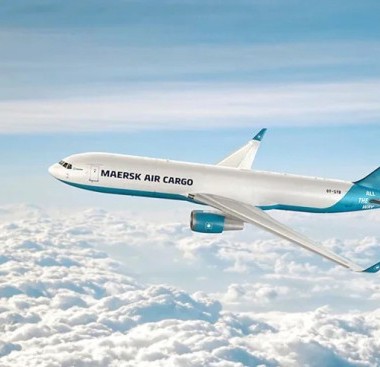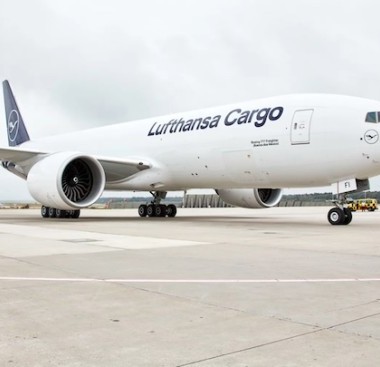Battery Giants, Hyundai Concerned by US Moves on China Supplies
South Korea’s biggest electric-car battery makers and Hyundai Motor Co. have expressed concern over new US legislation aimed at boosting domestic production of EVs and reducing the use of Chinese materials, moves they say could hurt their competitiveness.
Korean trade ministry officials met with Hyundai Motor, LG Energy Solution Ltd., Samsung SDI Co. and SK On Co. to listen to their “concerns and difficulties” about the measures in the US’s tax and energy bill, the ministry said in a statement Thursday. Chief among these are the need to assemble EVs in North America and to quickly end a reliance on China for the battery supply chain in order for the vehicles to qualify for a maximum $7,500 tax credit.
The concerns, along with a request for the tax-credit requirements to be eased, were conveyed to the US Trade Representative, along with a warning the steps may breach the US-Korea free trade agreement and World Trade Organization rules, a trade ministry spokesman said Friday.
South Korean battery makers source most of their materials from China, and finding new sources could be difficult amid surging demand and short supply. Meanwhile, all the EVs Hyundai currently sells in the US and Europe are made in Korea. The automaker plans to open its first US plant in Georgia in 2025.
Korean battery makers hold around 30% of the global market and supply carmakers including Tesla Inc., General Motors Co., Ford Motor Co., and Rivian Automotive Inc.
The firms are waiting for more details on the US rules and some are already seeking to diversify suppliers outside China, according to people at the four big Korean cell and materials makers, who asked not be named because of the sensitivity of the issue. The draft of the legislation still seems to be vague and the thresholds may be adjusted after US carmakers lobby Congress, some of the people said.
“The cost for making batteries will rise as companies will have to spend more on a new supply chain,” said Kim Min-Ji, senior researcher at state-run Korea Institute for Industrial Economics & Trade. “It’s not easy to change a metal supplier, and it’s even harder to refine metals at a low cost, which China does, especially in an eco-friendly way.”
South Korean battery makers, which use chemistries like nickel, cobalt, manganese or aluminum, imported more than 80% of the key minerals from China in 2020, according to the Korea Institute for Industrial Economics & Trade. Japan also imported 80% of its hydroxide lithium and 96% of manganese from China for making batteries, the institute said.
Similar Stories

Dollar wrecking ball forces investors to seek cover in exporters
View Article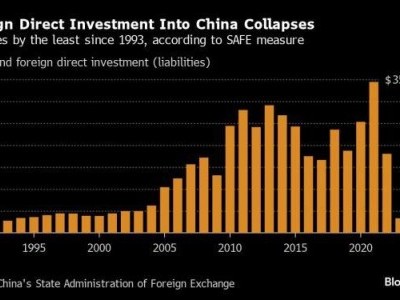
TikTok ultimatum makes US firms a target for China retaliation
View Article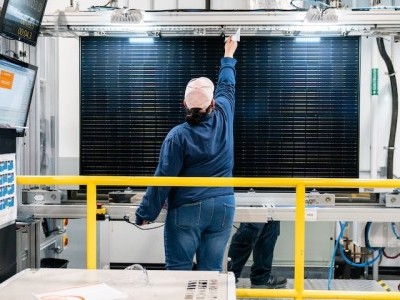
US solar makers seek additional tariffs on panel imports from Asia
View Article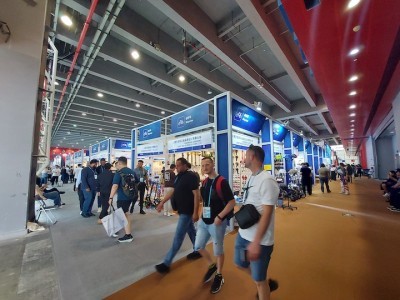
China’s prices are just too low for buyers to sweat about tariffs
View ArticleBlinken lands in China for tense talks as US sanctions loom
Secretary of State Antony Blinken has arrived in China on a mission to press Beijing on issues including its support for Russia and industrial overcapacity, with the threat of new…
View ArticleUS warns of sanctions risk as Pakistan inks deals with Iran
The US has warned of sanctions risks for Pakistan after the government in Islamabad signed security and economic deals with Iran during a visit by President Ebrahim Raisi to the…
View ArticleGet the most up-to-date trending news!
SubscribeIndustry updates and weekly newsletter direct to your inbox!
